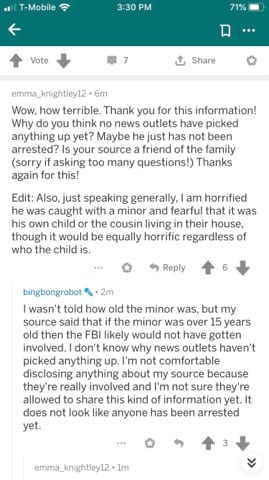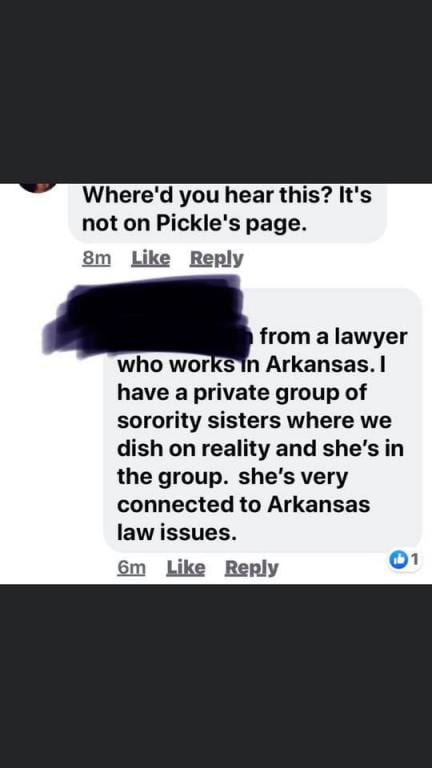As we adapt in public situations, we also adapt ourselves to fit our masks. We internalize the “lessons” that we’re taught through each one — and neither one is authentic or healthy. I never managed either very well, myself. The Duggar daughters seem to have mastered them, for now. It’s easier to keep up when you’re younger.
An Untenable Life
What results for the SGA is the “endlessly untenable position where the self has no value.” Existence becomes an attempt to manage or to avoid personal disintegration. (This feeling makes recovery from the emotional and psychological wounds of the personal and spiritual trauma feel overwhelming. Letting go of the cult self to trust in the process of healing becomes a terror of what seems like complete personal annihilation.)
For the SGA, life within the group becomes an attempt to juggle a “sufficiently credible performance” with avoidance of getting into even more trouble and greater pain that exceeds the trouble and pain that they constantly bear anyway. The double bind of both pressures makes life a matter of “damned if you do, and damned if you don’t.” The cognitive dissonance produced by a double bind life of the SGA becomes part of the vicious cycle of helplessness and hopelessness that keeps them dependent on the group if not enslaved with invisible chains of fear and duty which they tell themselves is really an ideal kind of love.
The self-help and educational literature produced by the cult recovery movement describes this impossible pressure experienced by anyone in a high demand group or relationship as “bounded choice.” The perfect storm of an inspiring religious ideology and a charismatic leader which then melds with systems of control and manipulation work to alienate the follower. They must bury their own sense of self (if they even had the chance to develop a functional one), and they cannot access or embrace their inherent internal strengths because of the pervasive restriction of critical thought and imagination. The situation created by such relationships also often deprives individuals of practical resources (e.g., a trade to earn an income, an adequate education, financial resources) that walking away from their group or family necessitate.
If the adult who is a “first generation” follower of a demanding, restrictive high demand religion struggles to find strength and resources to free themselves from their relationship to their religious communities, how much more difficult are the barriers that SGAs must face without any experience of life outside of their cloistered lives?
A Duggar of a Double Bind
Jill and Jessa who often looked at one another to make eye contact for validation, especially early on in the interview. For me, I could only see their bounded choice of duty to their family, their culture, and especially the hobgoblin created by the extraordinary pressure of consistency and commitment. Their parents bound them to that obligation of consistency when they poised and postured them before the world through reality TV. It breaks my heart. (This brings up the question as to whether reality TV poses a risk or harm to children. Read more HERE and HERE.)
At the same age as Jill and Jessa, I was not able to voice my own choices to my parents. I tried a few times, but the pain of their punishment made the efforts short lived. I worked hard to live up to their expectations until I was in my late thirties — when I finally lost all hope of ever doing so. I started in (non-nouthetic) therapy at age 19, did not view outcome based psychology as evil, worked consistently to heal, and I didn’t find the strength to defend my own boundaries with my parents until much later in life. (Please note that the Duggar Family only embraces Biblical or “nouthetic” Counseling which is a type of non-clinical pastoral counseling that operates certification organizations that are completely independent and opposed to standard, clinical mental health care.)














